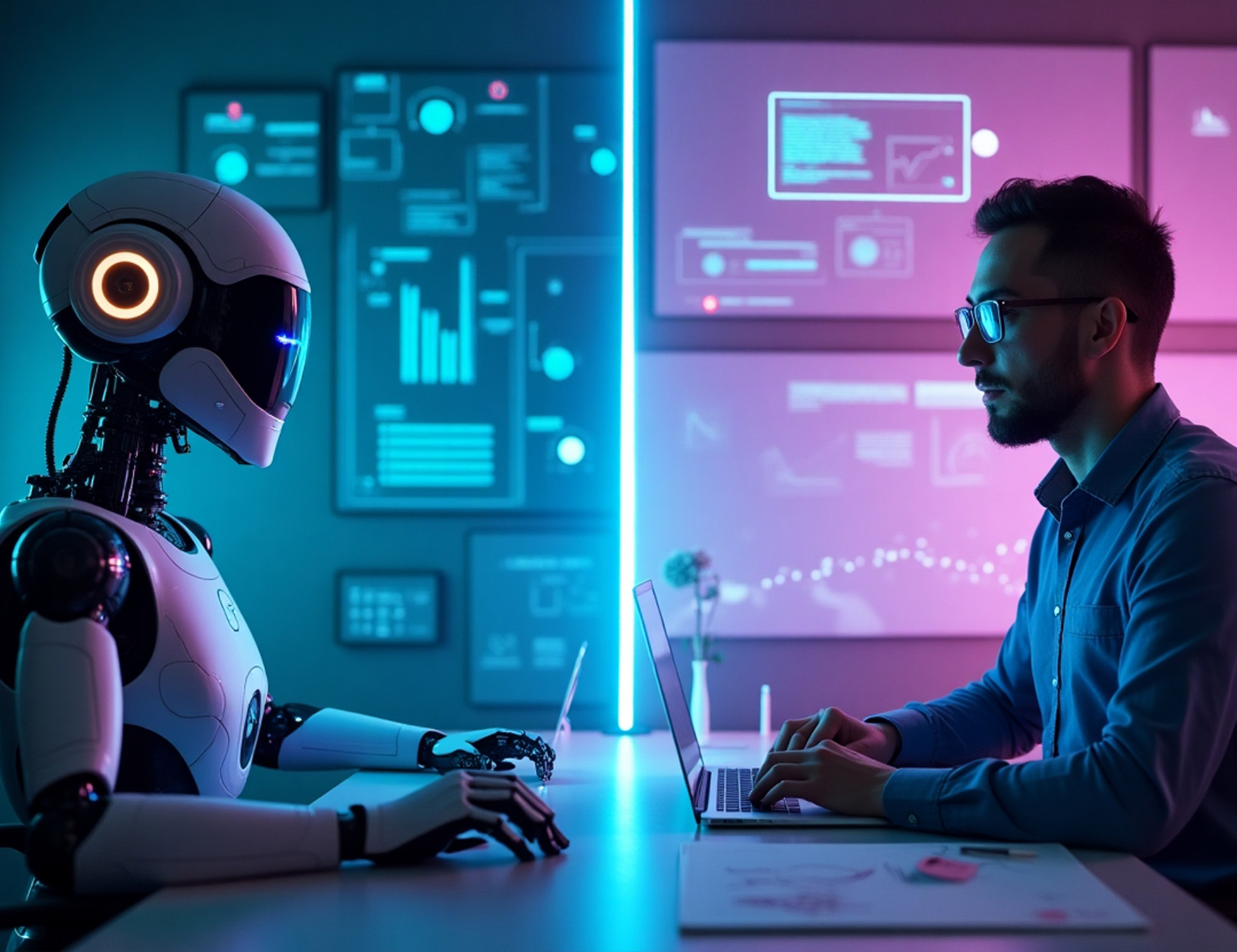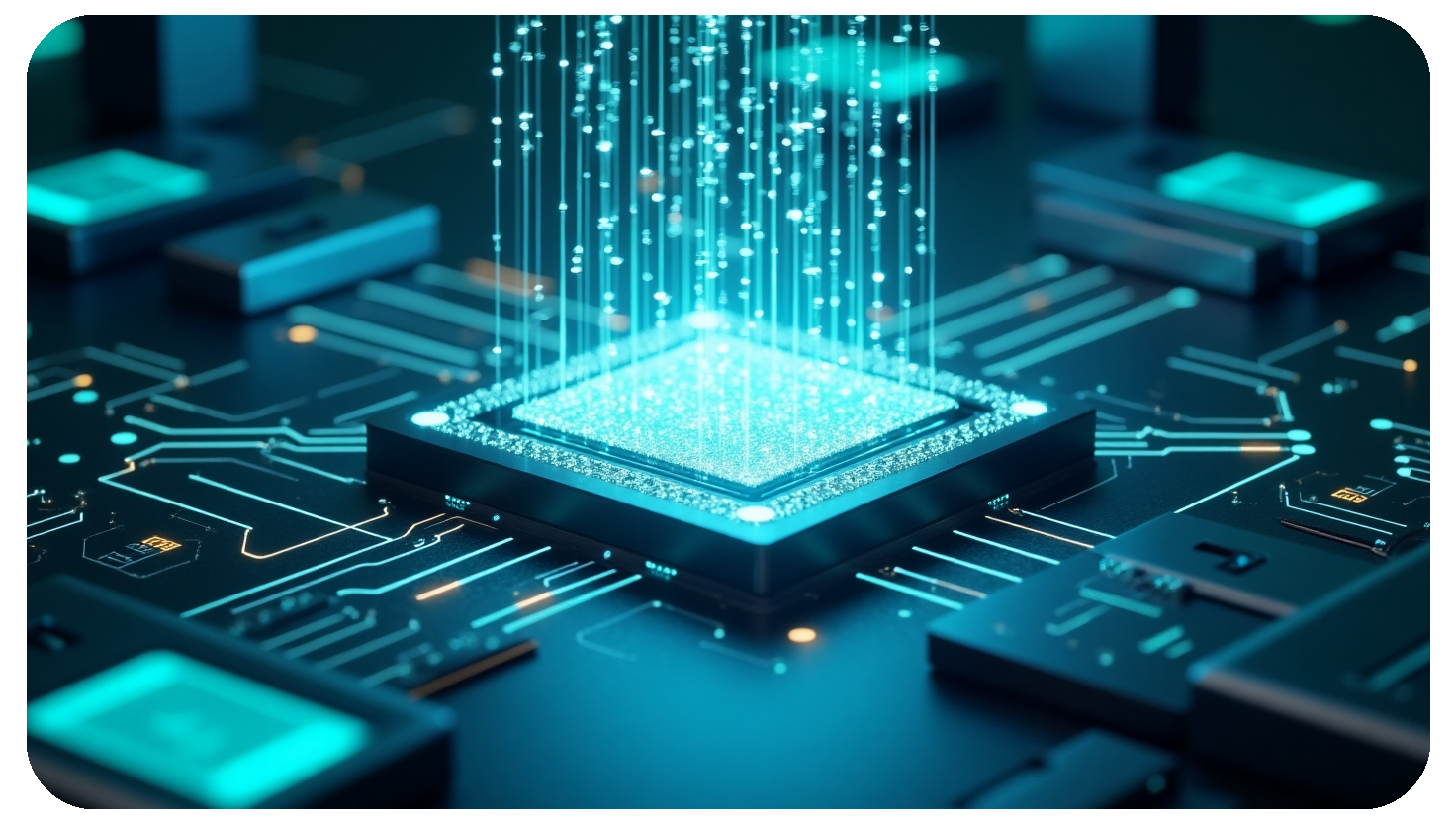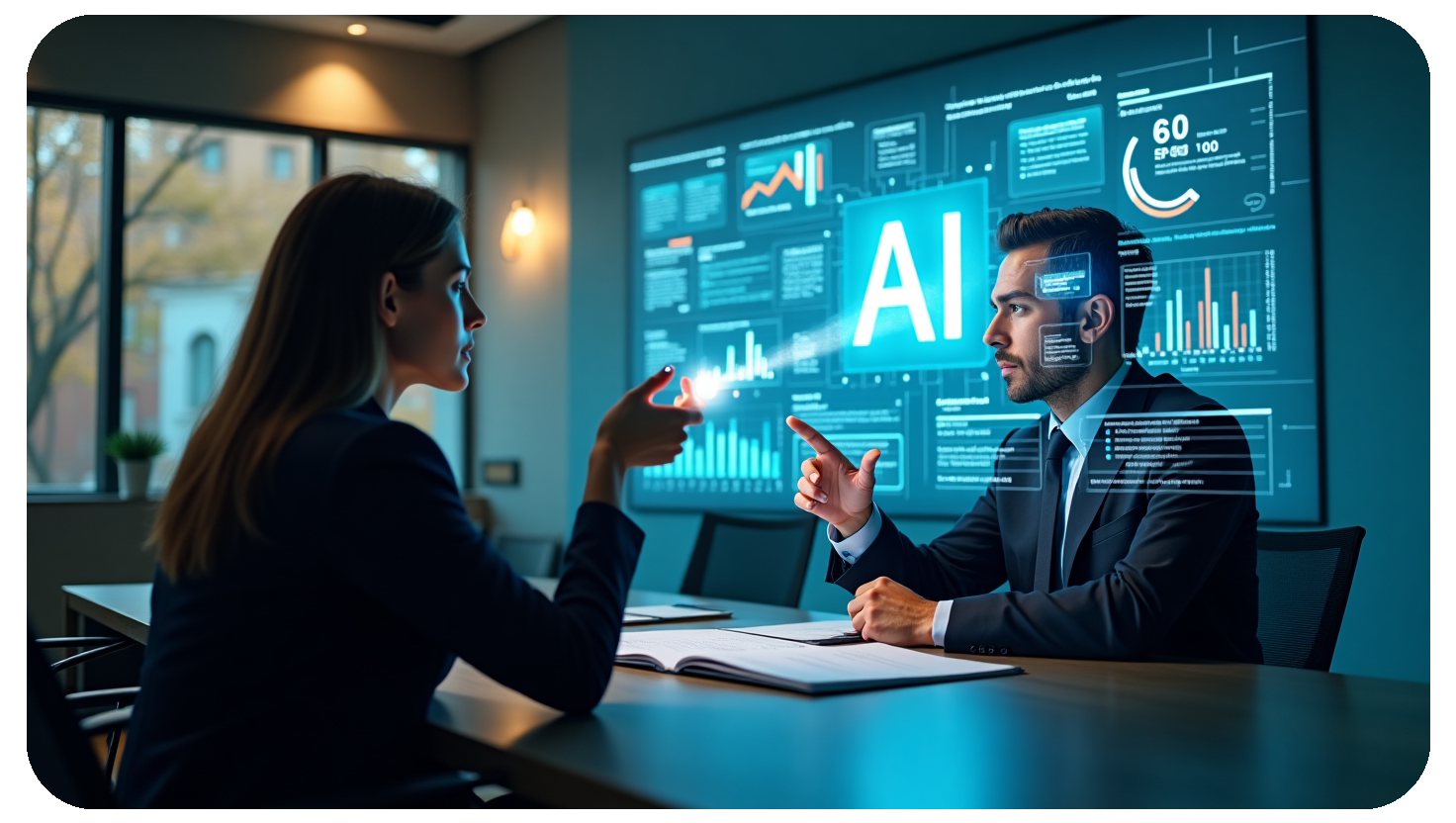AI vs. Human Intuition: Who Makes Better Decisions?

"In the age of artificial intelligence, decision-making is no longer a uniquely human trait. But when it comes to complex, high-stakes choices, who should we trust more—AI or human intuition?"
The Evolution of Decision-Making: Humans vs. AI
Decision-making has always been at the core of human progress, shaping everything from business strategies to medical diagnoses. Traditionally, intuition—built on experience, emotional intelligence, and pattern recognition—has guided critical decisions. However, with the rapid evolution of AI, algorithms can now process vast amounts of data, identify patterns beyond human capability, and execute decisions with unparalleled speed and precision.
This raises a fundamental question: Can AI outperform human intuition, or are there situations where human judgment remains irreplaceable?
AI Decision-Making: Strength in Data and Logic
1) Data-Driven Precision and Pattern Recognition
AI thrives in environments where large-scale data processing, statistical analysis, and predictive modeling are required. Unlike humans, AI can:
- Analyze millions of data points in seconds.
- Detect patterns invisible to human perception.
- Remove emotional bias from decision-making.
Example: AI-powered financial trading systems analyze global markets in real time, executing trades based on algorithmic predictions without hesitation or emotion.

2) Speed and Consistency
One of AI’s greatest strengths is its ability to make decisions rapidly and consistently. While humans can experience fatigue, stress, and cognitive overload, AI executes tasks with unerring precision, 24/7.
Example: In cybersecurity, AI-driven threat detection systems neutralize attacks before humans could even recognize them, protecting sensitive data in milliseconds.
The Power of Human Intuition in Decision-Making
3) Contextual Understanding and Emotional Intelligence
While AI excels in data processing, it lacks the ability to fully understand context, social nuances, and human emotions—elements that are often crucial in decision-making.
Example: In negotiations or leadership roles, intuition helps humans read between the lines, detect subtle cues, and adjust strategies accordingly—something AI struggles with.

4) Ethical and Moral Reasoning
AI can optimize for efficiency, but it does not possess moral reasoning or ethical judgment. In high-stakes fields like medicine, law, and ethics, human decision-makers navigate dilemmas that require compassion, ethical trade-offs, and societal considerations.
Example: A hospital AI system might prioritize efficiency, but a doctor must decide whether an experimental treatment aligns with a patient’s values and long-term well-being.
AI + Human Intuition: The Future of Decision-Making
Rather than competing, AI and human intuition should be seen as complementary forces. The most effective decision-making model combines:
- AI’s data-driven precision, scalability, and speed
- Human intuition’s contextual awareness, ethical judgment, and creativity
Example: In business strategy, AI provides deep market insights, but human leaders use intuition to assess cultural shifts, brand impact, and long-term vision.
Who Makes Better Decisions? It Depends.
The answer is not AI vs. humans but rather AI + humans. AI is unmatched in analyzing data, reducing bias, and automating decision-making at scale. Yet, human intuition remains essential for ethical considerations, contextual understanding, and strategic foresight.
Leverage AI-Driven Decision-Making with Kenility
At Kenility, we help businesses integrate AI-driven insights without losing the human element. Our solutions combine cutting-edge AI technology with human expertise, enabling smarter, faster, and more strategic decision-making.
🚀 Ready to harness AI for better decisions? Contact us at sales@kenility.com and let’s shape the future of intelligent decision-making together.
